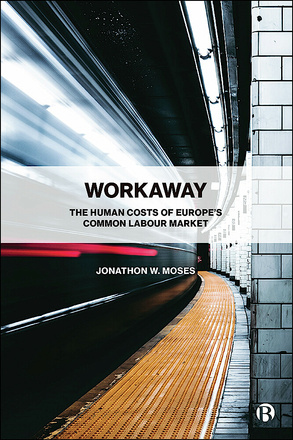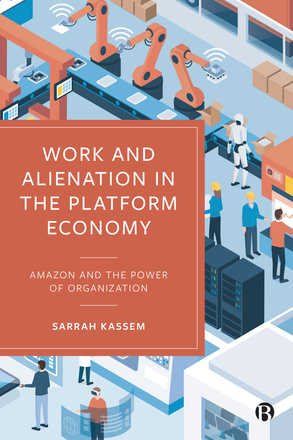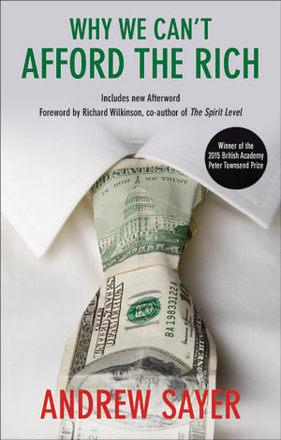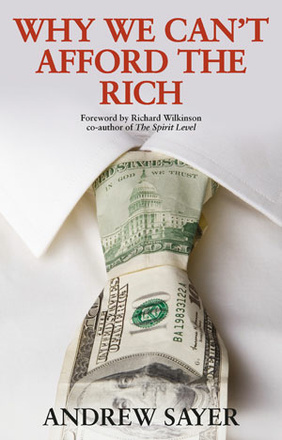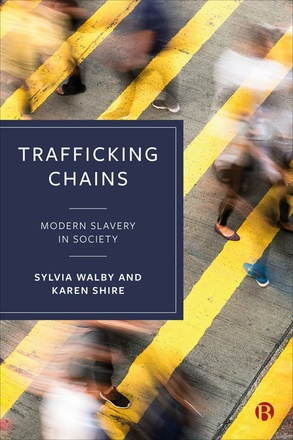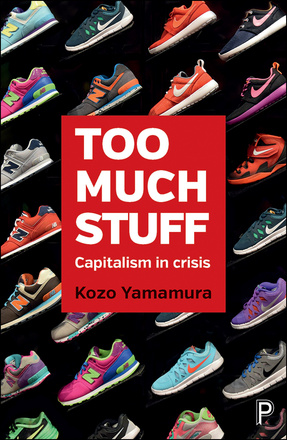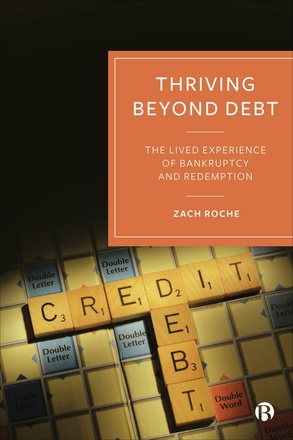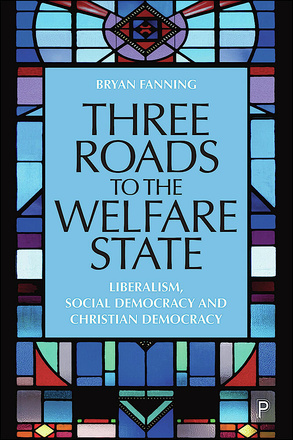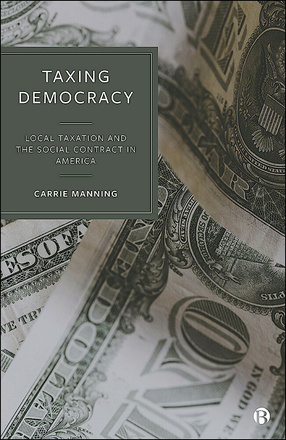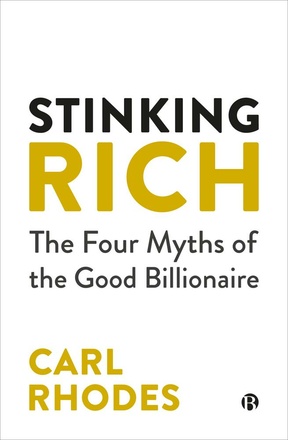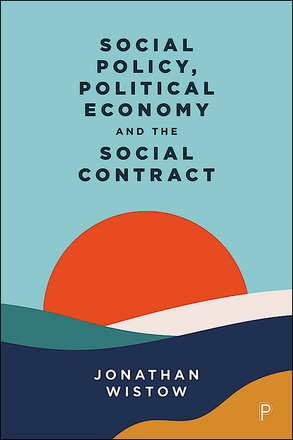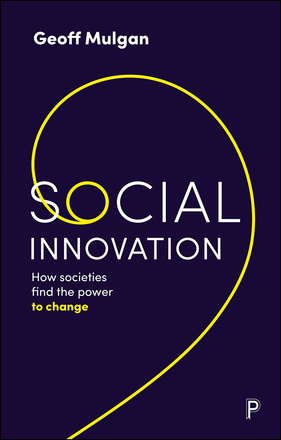Political economy
Workaway
The Human Costs of Europe’s Common Labour Market
This agenda-setting book argues that the process of market integration in Europe has undermined the power and influence of European workers and generated significant human costs. In starting from the position of labour, this book offers an alternative approach which balances the needs of justice and efficiency.
Work and Alienation in the Platform Economy
Amazon and the Power of Organization
Drawing on interviews with Amazon workers and original empirical data, this book explores how different working conditions estrange and alienate workers, and how, despite these, workers find ways to organize and express their agency. This is an important analysis of work on the digital shop floor for the scholars of platform economy.
Why We Can't Afford the Rich
Why we can’t afford the rich exposes the unjust and dysfunctional mechanisms that allow the top 1% to siphon off wealth produced by others. With an updated Afterword, Andrew Sayer shows how the rich worldwide have increased their ability to hide their wealth, create indebtedness and expand their political influence.
Why We Can't Afford the Rich
Why we can’t afford the rich exposes the unjust and dysfunctional mechanisms that allow the top 1% to siphon off wealth produced by others. With an updated Afterword, Andrew Sayer shows how the rich worldwide have increased their ability to hide their wealth, create indebtedness and expand their political influence.
Trafficking Chains
Modern Slavery in Society
This book offers a theory of trafficking and modern slavery with implications for policy. Going beyond polarised debates on the sex trade, this book shows the importance of coercion and the societal complexities that perpetuate modern slavery.
Too Much Stuff
Capitalism in Crisis
We now enjoy the highest living standard in history yet spend more of our income on pointless luxury. Instead, we should tax more in order to invest much more in societal needs, which will in turn reinvigorate the economy and reduce economic inequality and environmental degradation.
Thriving beyond Debt
The Lived Experience of Bankruptcy and Redemption
Capitalism only celebrates success, and it can be difficult to know what to do when it is confronted with failure. This book explores what happens when people go broke, and what the experience of bankruptcy and insolvency is like up close.
Three Roads to the Welfare State
Liberalism, Social Democracy and Christian Democracy
Bryan Fanning traces the development of European welfare states in this accessible analysis of social change from the Industrial Revolution onwards. The book explores evolutions through the lens of three traditions, social democracy, Christian democracy and liberalism, with insights into the people and beliefs that influenced each.
Taxing Democracy
Local Taxation and the Social Contract in America
Carrie Manning’s illuminating book examines how policies to limit taxation at state and local levels in the US have direct and lasting consequences for equity, accountability, and ultimately for democracy.
Stinking Rich
The Four Myths of the Good Billionaire
How does the billionaire class get away with sequestering the world’s wealth while others languish in poverty and hunger? This incisive book examines myths that portray billionaires as a ‘force for good’ and concrete actions to support economic justice and democratic equality.
Social Policy, Political Economy and the Social Contract
Positioning social policy within political economy and social contract debates, Wistow draws on empirical evidence to show how the social contract produces longstanding inequitable consequences in relation to health, place and social mobility in England.
Social Innovation
How Societies Find the Power to Change
Geoff Mulgan, a pioneer in the global field of social innovation, explains how it provides answers to today’s global social, economic and sustainability issues. He argues for matching R&D in technology and science with a socially focused R&D and harnessing creative imagination on a larger scale than ever before.







